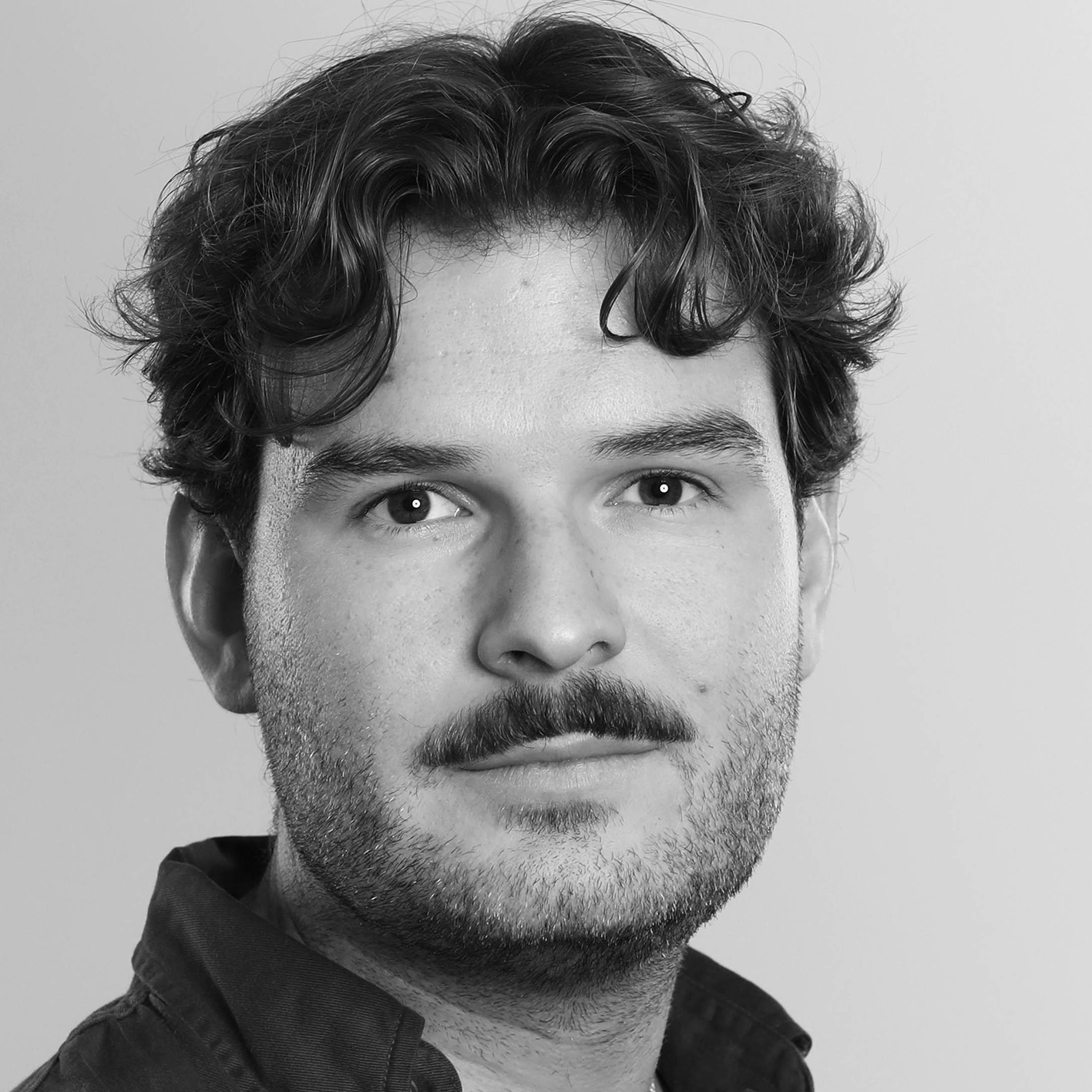Fifty shades of grey pepper the Portrush sky, and the wind whips and teases with malicious intent. The bedraggled throng seemingly enjoy the rain, in thrall to the mythos and marketing genius of Big Golf and the practicalities of Big Gore-Tex. “It wouldn’t be the Open without rain,” one marshal brags.
Ultimately a conceptual flaw, the British weather has formed the basis of an annual, spiritual pilgrimage for fans and players alike. You can’t always see the Atlantic across the rolling dunes, but you can sense the closeness of the coastal pressure, smell salt in the air, feel the ethereal haze drooling off constant clouds. “I’d love to be a weatherman here,” the stylish ex-world No 1 Jason Day mused. “You just get it wrong all the time.” The big storm is always coming, but never does. And anyway, enduring the weather’s vicissitudes is accepted as suitable penance for an audience with a unique majesty.
Understanding this goes some way to bridging the logical gulf between the 1.3m ticket requests for the 2025 Open, the 278,000 attendees across the weekend, and the unavoidable fact that golf is not a good spectator sport. Everyone I speak to accepts this, but here they are anyway.
British golfing crowds behave differently to any other in sport, not just in their comprehension of the game but their empathy for its players. Of course there are exceptions on Royal Portrush’s Dunluce Links, which for the sake of confusion we’ll call “Americans”.
But by and large people are here because they not only love golf but appreciate that every shot is not just a technical but mental inquest, every great stroke a little miracle, every miss a little death. They come to sympathise as much as support. Yet most of all, they come for Rory.
Rory McIlroy’s universality lies in being everything to everyone; a serial winner and serial loser, the greatest driver ever to pick up a golf club who hit only two fairways off the tee on Thursday, a talent fulfilled and a talent wasted. He represented Ireland at the Olympics yet said he feels more British than Irish. Even at Portrush, he both set the course record as a 16-year-old and then sobbed to the heavens after missing the cut when the Open was held here in 2019. You can ascribe whatever meaning you want to him and still find reasons to love him.
Everywhere you turn, people have a Rory story, of the prodigy, the grand slam winner
Everywhere you turn, people have a Rory story, of the prodigy, the grand slam winner
Even if none of that were true, Northern Ireland would love him anyway. Everywhere you turn people have their own Rory story, of the prodigy with shaved down clubs, of the boy king, of the grand slam winner. Each shot sucks oxygen from the air as it disappears into the sky, fans eight deep along the rope just to see him walk past. “I feel the support of an entire country out there,” he said on Thursday. “Which is a wonderful position to be in, but at the same time, you don’t want to let them down.”
The distinction between motivation and pressure, the question of who athletes owe their craft and performance to, the wider idea of why people play golf at all, is a swirling undercurrent of the week.
“We work so hard for such little moments,” clean-cut Christian Scottie Scheffler said on Monday. “I love being able to play this game for a living, but does it fill the deepest wants and desires of my heart? Absolutely not…. This is not a fulfilling life. It’s fulfilling from the sense of accomplishment, but it’s not fulfilling from a sense of the deepest places of your heart.
“This is not the most important thing in my life. That’s why I wrestle with ‘why is this so important to me?’ I would much rather be a great father than a great golfer.”
Newsletters
Choose the newsletters you want to receive
View more
For information about how The Observer protects your data, read our Privacy Policy
Defending Open champion Xander Schauffele then admitted he does not know where his trophies are, while J.J. Spaun spoke about the comedown from his shock US Open victory: “you’re so elated, and then all of a sudden it’s like, ‘Now what?’”, echoing David Duval’s “Is that all there is?” after winning the same tournament in 2001.
“Playing professional sports is a really weird thing to do,” Scheffler, who led at Portrush after 36 holes, continued. “We put in so much effort, we work so hard for something that’s so fleeting.
“This is not the place to look for your satisfaction.”
Perhaps no elite sporting tournament is weirder than the Open. On Thursday play started at 6.35am and finished just before 10pm, with some rounds touching six hours. You either have to pick one spot to watch all day – bringing your own chairs is forbidden – or follow your favourites at glacial pace for nearly 7km.
Whether it’s the seaside setting, the weather or the endless spare time, Royal Portrush makes you reflect. At points the rain came down with such force it risked downing both balls and light aircraft. By Thursday lunchtime I would have coughed up a kidney for a suitable jacket, but luckily only had to hand over a week’s rent. Then, of course, the sun shone all afternoon. Cruel unpredictability is programmed into links golf. “Fuck this place,” bellowed bearded Irishman Shane Lowry, whose win here in 2019 was the highpoint of his career. “Oh my god” yelled Collin Morikawa as his ball veered into a huddle of spectators. Bryson DeChambeau followed the worst Open round of his career with the best to sneak inside the cut, then said he thought he’d “played the same” on both days.
The varying survival tactics for this sado-masochistic contest are the most fascinating part of the Open. Sadom Kaewkanjana carded a 68 on Thursday having taken time away from golf in 2023 to live as a Buddhist monk: “It’s made me [develop] a lot of focus – forget everything outside, just live in the present.” The famously combustive Tyrrell Hatton says he unwinds with two to three Guinnesses. A farmer and hunter, 2023 Open champion Brian Harman calls himself “a very compartmentalised guy”. Anything to stop these professional golfers thinking about golf.
‘Does golf fill the deepest wants and desires of my heart? Absolutely not... this is not a fulfilling life.’
‘Does golf fill the deepest wants and desires of my heart? Absolutely not... this is not a fulfilling life.’
Scottie Scheffler
And yet McIlroy is so loved because he plays up to and buys into the fantasy that sport means everything, a darling of the thriving motivation and self-help industry thanks to the singularity of his Ahabian Masters obsession. At the most recent Ryder Cup he refocused by reading Marcus Aurelius. He swears by Paulo Coelho, once dubbed “the high priest of spiritual twaddle”. Recent reads include The Courage to be Disliked and Outwitting the Devil. Until April, everything in his life was geared towards the Grand Slam. Then he realised his dream and realised he did not know a version of himself that cared about anything else, that he had held on to no other purpose or motivation.
“Rory McIlroy knows success takes preparation,” drones an advert run alongside Sky’s Open coverage. “At [insert faceless corporation], so do we.” In this fridge magnet philosophy era of death-rattle capitalism, sporting success has become a marketing ploy as much as anything more meaningful, a way of selling tickets and T-shirts and monetising dreams.
Denying this narrative from his standing as world No 1 is why Scheffler’s ramble was so refreshing. He said later in the week other players shared his sentiment. His appreciation of sport’s place in his life, in the world, is what makes him so good. More athletes should be similarly honest. If they were, McIlroy might not have given up so much of himself in pursuit of a green jacket that there was no-one left to wear it when he got there.
Back for a rare stay in Northern Ireland, McIlroy has been praised for his perceived renewal of golfing vows, his seemingly rediscovered post-Masters motivation. The Open and September’s Ryder Cup became his new targets. But what about October? The way to recover from summiting your mountaintop is not to simply find another slightly smaller mountain, it’s to find a way of being content at sea level, at any level for that matter. If he found that contentment within himself, away from golf, perhaps he would not be so affected by playing here.
Six years older, there has not been a repeat of the 2019 self-destruction and self-flagellation, but the burden of adoration still weighs on every sinew. “What the fuck is this,” he muttered under his breath as 300 or so crowded round an errant drive off the second tee.
156 players came to Portrush seeking satisfaction. 86 didn’t even make the weekend. Kaewkanjana went through denial of the self and still came back to golf. McIlroy completed golf, and is here nonetheless. Scheffler is sure he won’t find satisfaction here, but has not found a better alternative.
Maybe we aren’t meant to be satisfied, and we just have to find our own ways of pursuing an impossible mirage to give our lives, ourselves, shape. The big storm is always coming, but never does. It never will.
Photograph by David Cannon/Getty Images

